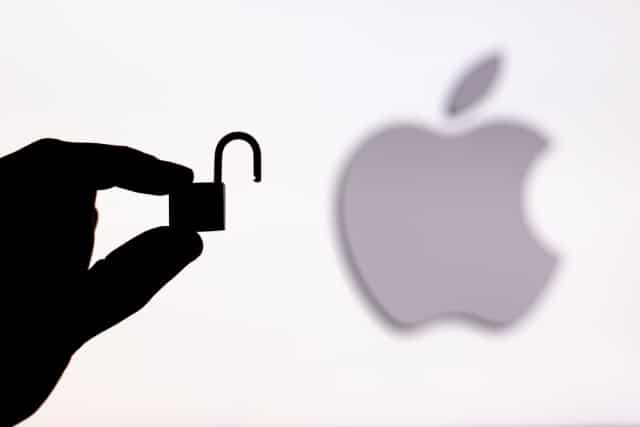
Microsoft reveals 'powerdir' macOS vulnerability that allows unauthorized user data access
Microsoft has revealed details of a security vulnerability in macOS that could be exploited to gain unathorized access to user data.
The vulnerability, which has been named 'powerdir' and is being tracked as CVE-2021-30970, involves a logic issue in the Transparency, Consent and Control (TCC) security framework. The security and privacy problem was discovered by the Microsoft 365 Defender Research Team and was reported to Apple is mid-July last year.

European watchdog orders Europol to delete 4 petabytes of illegally collected personal data
The European Data Protection Supervisor (EDPS) has ordered Europol to delete huge quantities of personal data about hundreds of thousands of people. The European Union's police agency has been found to have illegally collected billions of pieces of data about criminals, suspected terrorists and innocent citizens.
The colossal stash of information has been dubbed a "big data ark" by privacy experts, and it includes data gathered by hacking encrypted services and NSA-style grabs. The data store was collected over a period of six years, and the EDPS ruling means that Europol must delete data that has been stored for over six months. The agency also has a year to determine what of the remaining data it may legally continue to hold.
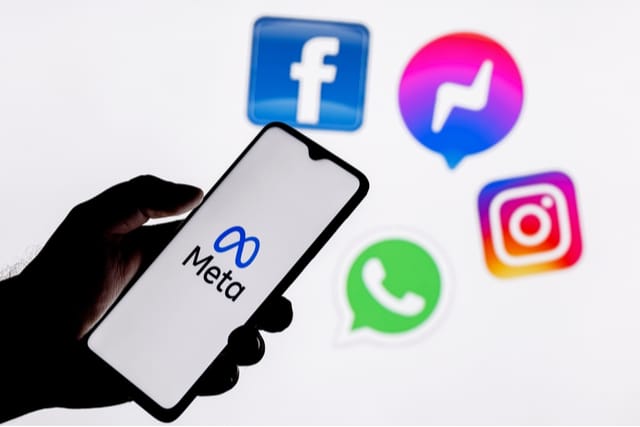
Meta launches new Privacy Center, leaving Facebook users the unenviable task of learning about privacy and security
TCFKAF (the company formerly known as Facebook), Meta, has launched Privacy Center, a new way for users to "learn more about our approach to privacy across our apps and technologies". Across five modules -- Security, Sharing, Collection, Use and Ads -- Meta gives users information about privacy across its services.
It also provides links to its endless and scattered collection of tools, settings and options for taking control of privacy and security. The new hub has already come in for criticism, however, as it places onus the burden of responsibility on users rather than hand-holding then through the process of locking down privacy.
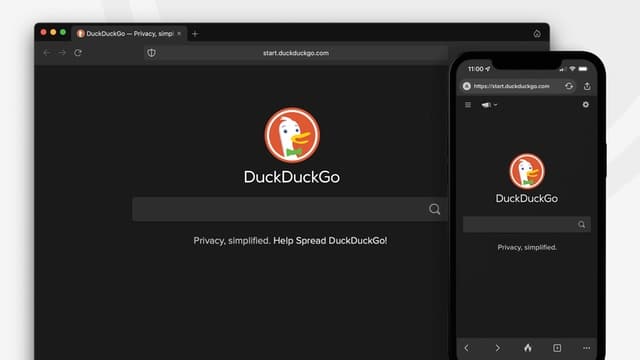
DuckDuckGo is bringing its privacy-focused web browser to the desktop in 2022
DuckDuckGo is a name associated with privacy, and it is best known for its tracking-free search engine. But the company has other strings to its bow, including a privacy-focused web browser for mobile devices.
Now there are plans to bring things to the desktop. With DuckDuckGo for desktop, the company is looking to give users a fast, simple and private alternative to the likes of Chrome. Interestingly, DuckDuckGo says that the desktop browser will not be based on Chromium, but that it will be built "around the OS-provided rendering engines".
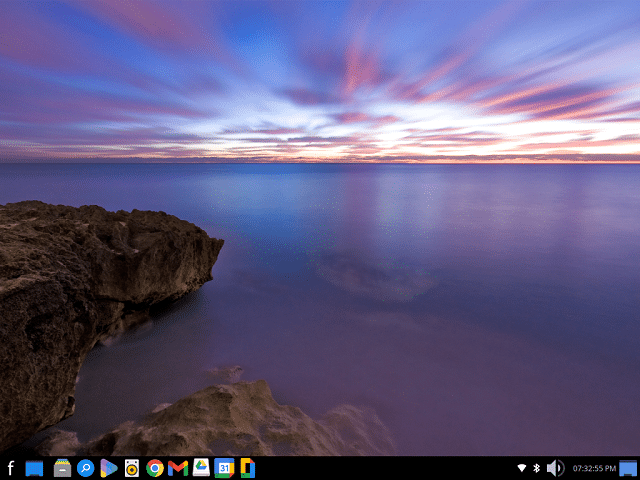
Ubuntu-based Freespire 8.0 Linux distribution focuses heavily on Google services
Guess what, folks? Freespire 8.0 is available to download immediately. This version of the Ubuntu-based operating system utilizes Linux kernel 5.4.0-91 LTS while using Xfce 4.16 as its desktop environment. This no-nonsense distribution is fairly lightweight and easy to use, making it a good choice for Linux newbies; particularly with aging (not obsolete) hardware.
Surprisingly, the developers have decided to focus heavily on Google with this release. This includes the search giant's services (Translate, News, etc.) and the Chrome browser. Apparently, this new focus is a result of reading user feedback. While this may scare some privacy-zealots away, it should make the operating system more appealing to the average home computer user. Let's be honest, shall we? Google services are rather essential for many people.

Meet the three amigos of data: Governance, privacy and security
The three slices of the data pie -- data governance, data privacy and data security -- are often lumped together -- but although they naturally overlap, there are crucial differences that are important to understand.
Let’s slice up the pie. First, there’s data governance. You can think of it as the cornerstone; the thing that holds everything together. If you have the right data governance in place for all your data assets then it's much easier to apply the right privacy and security controls.

Twitter updates privacy policy to ban unauthorized images and videos of people
Twitter has announced an important change to its privacy policy so that the sharing of images and videos of people without consent is now forbidden.
In many ways this is simply a tightening up of existing privacy protections and anti-doxxing policies, giving individuals a route to having media depicting them removed from the platform. The new policy does not apply to everyone, however.

International Computer Security Day seeks to raise awareness
It seems like a while since we've had a day dedicated to some aspect of the tech world, so if you're looking for something to celebrate in the lull between Thanksgiving and Christmas you'll be pleased to hear that today is International Computer Security Day.
This is designed to create greater awareness of computer security issues and encourage people to secure the personal information stored on their computers.

45 percent of Brits don't trust tech companies to safeguard their data
A survey of 2,000 UK adults, reveals that 45 percent don't trust big tech companies to safeguard their personal data.
The study from NexGen Cloud finds 66 percent concerned about how tech giants are able to collect and use their personal information. In addition only 24 percent of individuals believe big tech firms have their best interests at heart.

UK consumers skeptical about 'common digital identity'
The idea of a 'common digital identity' (CDI), that would allow access to a range of services, offers huge benefits to financial institutions in delivering better, faster, and more reliable checks for consumers.
Consumers themselves, however, are less convinced. A survey conducted by RegTech Associates on behalf of PassFort finds only 17 percent of UK respondents say they are very much in favour of CDI.

More than a third of consumers don't trust brands with their data
New research from digital experience company Acquia shows that 39 percent of UK consumers don't trust all brands to handle their data correctly.
The study also suggests wide scale breaches of GDPR rules, with a huge 87 percent of UK consumers receiving marketing communications from brands which they don't recall opting in for.

Meta is deleting a billion 'faceprints' and closing down Facebook's facial recognition system
Facebook's parent company, Meta, has announced a major shift for the social networking, saying it will no longer use facial recognition to identify users in photographs.
As well as closing down the facial recognition system, the company will also delete over a billion people’s individual facial recognition templates. Meta says that it is part of "company-wide move to limit the use of facial recognition in our products", and it is move that will be welcomed by privacy advocates.
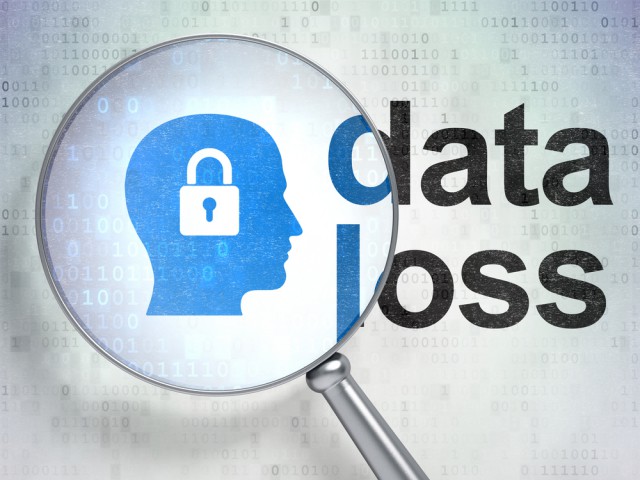
62 percent of organizations not confident they can prevent data loss
Data exfiltration remains a significant threat and despite large investments in security tools, organizations are not confident they can stop it according to a new report.
The survey of 255 cybersecurity professionals, conducted by Osterman for data privacy and security company BlackFog, finds 62 percent lack confidence in the ability of their security tools to prevent data exfiltration.

Dark web data is spreading faster than ever
Stolen data on the dark web is spreading 11 times faster today than it was six years ago, according to the latest study from Bitglass.
Breach data received over 13,200 views in 2021 compared to 1,100 views in 2015 -- a 1,100 percent increase. In 2015, it took 12 days to reach 1,100 link views -- in 2021, it takes less than 24 hours to pass that milestone.

Firefox's address bar has become an ad-stuffed privacy nightmare
Mozilla has just released Firefox 93 and there is a big and controversial change to the address bar. Not content with making helpful suggestions from your browsing history as you type, Firefox Suggest now also includes "relevant suggestions" and "sponsored suggestions" from "trusted partners"; in other words, ads.
There are privacy concerns associated with making these suggestions. Mozilla may insist that it only deal with partners that meet its privacy standards for Firefox, but it still means that whatever is typed into the address bar is sent back to Mozilla and processed in order to deliver ads it hopes you will click on. The good news is that you can disable Firefox Suggest and hide ads in Firefox.
